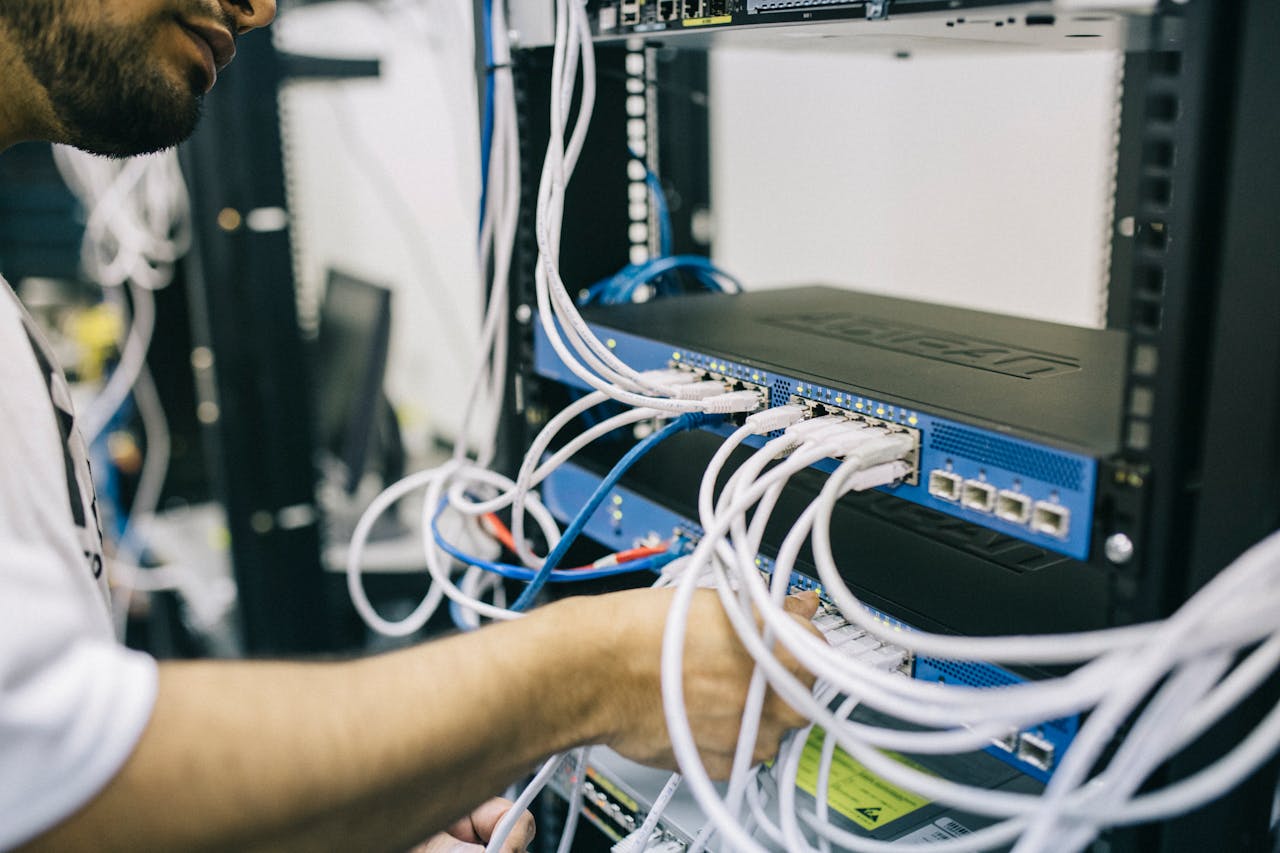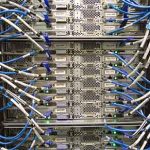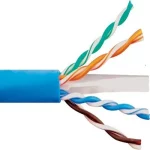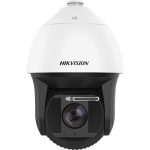Understanding the Cost of Network Cabling: Key Factors Explained
When planning network cabling for your home or business, understanding the factors that drive costs is crucial. Whether you’re setting up a small office, upgrading an existing network, or wiring a new building, expenses can vary widely based on materials, labor, and installation challenges. This article breaks down the primary elements affecting the cost of network cabling, helping you make informed decisions for a high-performance, cost-effective setup.
1. Choosing the Right Network Cable Type
The type of cable you select is the foundation of your network—and the biggest cost driver. Here’s a detailed look at your options:
Cable Options and Specifications
- Cat5e: The most budget-friendly option, supporting up to 1 Gbps at 100 MHz over 100 meters. It’s suitable for basic home use but lacks the speed and noise resistance for modern demands. Cost: ~$0.20-$0.30 per foot.
- Cat6: The go-to choice for new installations, offering 10 Gbps up to 55 meters and 1 Gbps up to 100 meters at 250 MHz. Its tighter twists reduce crosstalk (NEXT, ANEXT) and system noise, making it ideal for Gigabit Ethernet. Cost: ~$0.40-$0.60 per foot.
- Cat6a: An upgrade for data-intensive setups, supporting 10 Gbps over 100 meters at 500 MHz with enhanced shielding. Perfect for businesses with high-bandwidth needs (e.g., video streaming, VoIP). Cost: ~$0.60-$1.00 per foot.
- Cat7: A premium copper option, delivering 10 Gbps at 600 MHz over 100 meters with superior shielding (STP). It’s overkill for most homes but suits enterprise-grade networks. Cost: ~$1.00-$1.50 per foot.
- Fiber Optic: For ultimate speed and distance, fiber supports 10 Gbps+ over kilometers with minimal signal loss (0.2 dB/km vs. 20-45 dB/100m for copper at high frequencies). It’s immune to EMI but requires specialized termination. Cost: ~$1.50-$6.00 per foot (plus equipment).
Cost vs. Performance Trade-Off
For most new installations, Cat6 strikes the best balance of cost and performance, supporting modern Gigabit networks with room for growth. However, data-heavy businesses (e.g., media production) may justify Cat6a or Cat7 for 10 Gbps over longer runs. Fiber shines for future-proofing or long-distance backbone connections, despite its higher upfront cost.
Cable Cost Comparison Table
| Cable Type | Speed (Max) | Distance (10 Gbps) | Frequency | Cost per Foot | Best Use Case |
|---|---|---|---|---|---|
| Cat5e | 1 Gbps | Not supported | 100 MHz | $0.20-$0.30 | Basic home networks |
| Cat6 | 10 Gbps | 55 meters | 250 MHz | $0.40-$0.60 | Standard business/home |
| Cat6a | 10 Gbps | 100 meters | 500 MHz | $0.60-$1.00 | Data-intensive businesses |
| Cat7 | 10 Gbps | 100 meters | 600 MHz | $1.00-$1.50 | Enterprise networks |
| Fiber | 100+ Gbps | Kilometers | N/A | $1.50-$6.00 | Long-haul, high-speed |
2. Ceiling Type and Installation Complexity
The physical environment of your building—especially ceiling design—significantly impacts labor and material costs.
Ceiling Types and Cabling Requirements
- Drop Ceiling:
- Description: Suspended tiles with a plenum space above, common in commercial buildings.
- Cable Type: Requires Plenum-rated cables (e.g., CMP-rated Cat6) due to air circulation, meeting fire safety codes (NFPA 90A). These cables emit low smoke and toxins if burned.
- Cost Impact: Plenum cables cost 20-50% more (
$0.50-$0.80/ft for Cat6) than riser cables. Labor is lower ($1-$2/ft) since techs can slide tiles open, run cables, and hide them easily. - Advantage: Quick installation (e.g., 100 ft in 1-2 hours) and minimal aesthetic concerns.
- Open Ceiling:
- Description: Exposed beams and no suspended tiles, typical in warehouses or modern offices.
- Cable Type: Uses Riser-rated cables (e.g., CMR-rated Cat6) for vertical runs, costing less (~$0.40-$0.60/ft).
- Cost Impact: Labor is higher (~$2-$3/ft) due to meticulous routing and securing (e.g., with J-hooks or conduit) to keep cables neat and safe. Installation may take 3-4 hours for 100 ft.
- Challenge: Aesthetic planning adds time, as cables remain visible.
Ceiling Cost Breakdown
| Ceiling Type | Cable Rating | Cable Cost/ft | Labor Cost/ft | Installation Time (100 ft) |
|---|---|---|---|---|
| Drop | Plenum (CMP) | $0.50-$0.80 | $1-$2 | 1-2 hours |
| Open | Riser (CMR) | $0.40-$0.60 | $2-$3 | 3-4 hours |
Technical Note
Plenum cables use FEP (fluorinated ethylene propylene) jackets, increasing cost but ensuring compliance in air-handling spaces. Open ceilings may require additional conduit ($1-$2/ft), further raising expenses.
3. Fiber Optic Cabling: A Premium Option
For cutting-edge performance, fiber optic cabling offers unmatched speed and distance capabilities, though at a steeper price.
Why Consider Fiber?
- Speed: Supports 10 Gbps to 100 Gbps+ using single-mode (SMF) or multi-mode (MMF) fibers, dwarfing copper’s limits.
- Distance: SMF reaches 40+ km with <0.2 dB/km attenuation, while Cat6 drops to 55 meters at 10 Gbps due to 24-45 dB loss over 100 meters at 350 MHz.
- Signal Integrity: Immune to EMI, RFI, and crosstalk, unlike copper’s susceptibility (e.g., ANEXT in bundled Cat6).
- Applications: Ideal for backbone connections between floors, buildings, or across campuses.
Cost Considerations
- Materials: Fiber costs $1.50-$6.00/ft (e.g., OM4 MMF at $2/ft, OS2 SMF at $4/ft), plus transceivers ($50-$200 each) and termination kits.
- Labor: Installation requires precision splicing (fusion or mechanical) and testing with OTDRs, pushing labor to $3-$5/ft.
- Equipment: Switches with SFP ports (e.g., $500-$1,000) add to the budget.
Fiber vs. Copper Comparison
| Feature | Copper (Cat6) | Fiber Optic |
|---|---|---|
| Max Speed | 10 Gbps | 100+ Gbps |
| Max Distance | 100m (1 Gbps), 55m (10 Gbps) | 40+ km (SMF) |
| Attenuation | 24-45 dB/100m @ 350 MHz | 0.2 dB/km |
| Cost per Foot | $0.40-$0.60 | $1.50-$6.00 |
| EMI Resistance | Moderate | Complete |
When to Choose Fiber
Opt for fiber if you need long runs (e.g., >300 ft) or plan for future scalability (e.g., 40 Gbps networks). For short runs in small homes, copper (Cat6) is more cost-effective.
Additional Cost Factors
- Labor Rates: Vary by region ($50-$100/hour). Complex layouts (e.g., multi-story) increase time and cost.
- Cable Length: Bulk pricing lowers per-foot costs (e.g., 1,000 ft Cat6 at $0.35/ft vs. $0.50/ft for 100 ft).
- Connectors & Hardware: RJ45 jacks ($0.50-$1 each), patch panels ($50-$150), and conduit add up.
- Testing: Certification with Fluke testers ($100-$300 per job) ensures TIA/EIA compliance.
Budgeting for Your Network Cabling
Network cabling costs hinge on cable type, ceiling design, and whether you choose copper or fiber. For most homes and small businesses, Cat6 with a drop ceiling offers a sweet spot of performance and affordability. Data-heavy setups or long-distance needs may warrant Cat6a or fiber, despite higher costs. Plan your installation with these factors in mind to balance budget and future-proofing.
Need a quote? Contact us a your local Network cabling pro with your building specs for a tailored estimate.





